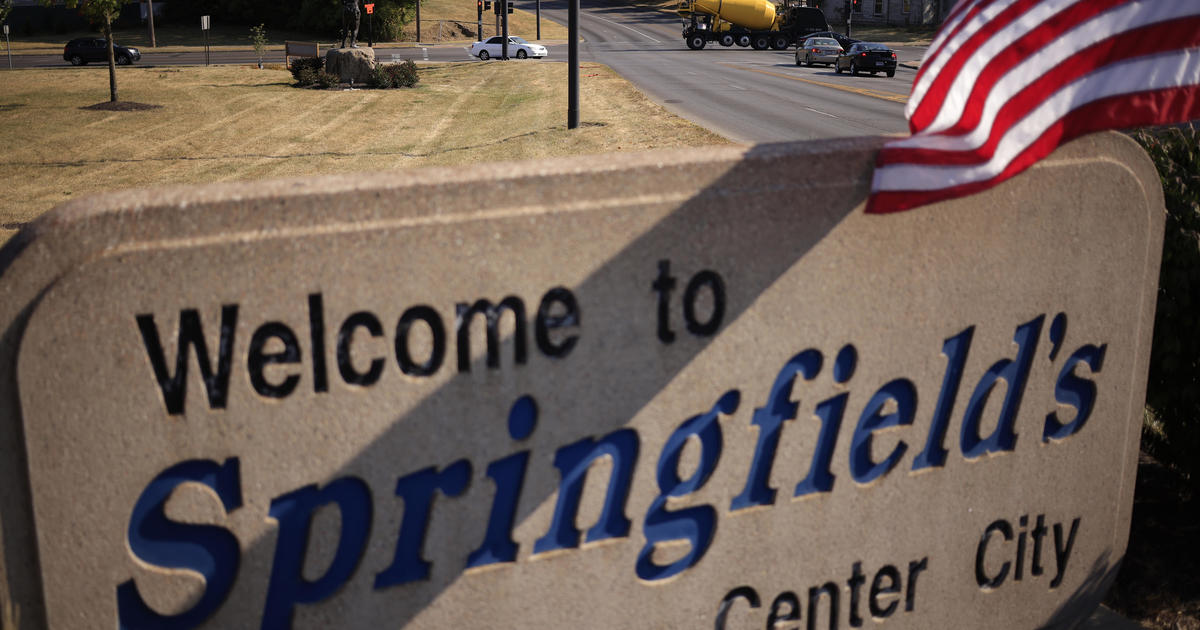Springfield, Ohio, an industrial town of roughly 58,000 residents, has experienced a significant influx of Haitian immigrants in recent years, drawing attention and misinformation from national political figures. While some politicians have exploited the situation for their own ends, portraying the immigrants as a threat to public safety and claiming they are responsible for an increase in infectious diseases, the reality on the ground paints a different picture. Despite facing significant challenges, local health institutions and community organizations have rallied to support these newcomers, highlighting the resilience of a community grappling with both an influx of immigrants and the spread of misinformation.
Navigating Misinformation and Finding Solutions
The influx of Haitian immigrants into Springfield was met with fear-mongering and misleading claims from politicians, notably former President Donald Trump and Ohio Senator JD Vance. Trump falsely claimed Haitian immigrants were responsible for a surge in crime and stealing and eating pets, igniting fears within the community. Vance, aiming to draw attention to his perceived “overrun” communities, made similar unsubstantiated statements, admitting to creating stories based on “firsthand accounts” from his constituents rather than facts. These accusations were broadly rejected by local officials who pointed to the economic benefits immigrants have brought to the town. They stressed that the Haitian population, many arriving legally under a federal program for humanitarian reasons, were not the source of the community’s woes, but rather individuals in need of assistance and integration.
Bridging Cultural and Health Barriers
Despite the political rhetoric, Springfield has witnessed a remarkable community response to the influx of Haitian immigrants. Recognizing the need to address the cultural and health disparities, local health organizations have implemented programs aimed at providing essential services and bridging the gap between healthcare providers and their newly arrived patients.
Adapting to a New Healthcare System
Many Haitian immigrants are unfamiliar with the U.S. healthcare system and its emphasis on preventative care and scheduled appointments. To accommodate these newcomers, hospitals and primary care centers have taken a multifaceted approach, including the use of interpreters, expanding outreach programs, and employing patient navigators who can guide them through the complexities of the healthcare system.
Building Trust and Ensuring Accessibility
The Rocking Horse Community Health Center, a non-profit providing care regardless of insurance status, has witnessed a significant increase in patients from Haiti, representing over 250% growth in 2022 compared to 2021. The center, actively engaged in culturally-sensitive care, provides services in Haitian Creole, utilizes roving health clinics for easier access, and established a clinic at Springfield High to address student health needs.
Confronting the Challenges
While the community response has been remarkable, Springfield continues to face several challenges in serving its Haitian population. These include:
Misconceptions about Health Outcomes
Despite the widespread mischaracterization by national figures, public health records show that overall reportable infectious diseases in Springfield are not on the rise. This misconception highlights the need for factual information and dispel the myths that have been used to vilify the Haitian immigrant community.
Delays in Vital Services
Many new Haitian mothers face delays in accessing supplemental food programs, creating challenges for their newborns. While Haitian immigrants generally qualify for Medicaid, the reimbursement rates are lower than traditional insurance, putting financial strain on local hospitals.
Bridging the Communication Gap
Even with initiatives like interpreters and cultural awareness programs, there remains a need for further communication improvements, especially during hospital discharge and scheduling follow-up appointments. Addressing these gaps is crucial to ensuring effective and compassionate care for the Haitian population.
Beyond Misinformation: A Call for Cooperation
While the focus on Springfield was initially driven by the dissemination of misinformation, the community’s response has revealed a far more nuanced and collaborative approach to addressing the needs of the Haitian immigrant population. The community’s collective effort, spearheaded by organizations like St. Vincent de Paul, local health centers, and advocacy groups, exemplifies how communities can overcome fear-mongering and provide essential services and support for immigrants navigating a new world.
Takeaways
- The political rhetoric surrounding the Haitian immigrant community in Springfield is misleading and does not reflect the reality on the ground.
- While Springfield is facing challenges in providing healthcare services to its new Haitian residents, the community’s response highlights a collective effort to address these needs.
- There is a need to continue building trust and overcoming communication barriers to provide culturally sensitive care to this immigrant population.
- Springfield’s experience is a microcosm of the wider challenges faced by communities nationwide when integrating new immigrants and underscores the importance of fact-based discourse and collaboration in building a welcoming environment.




